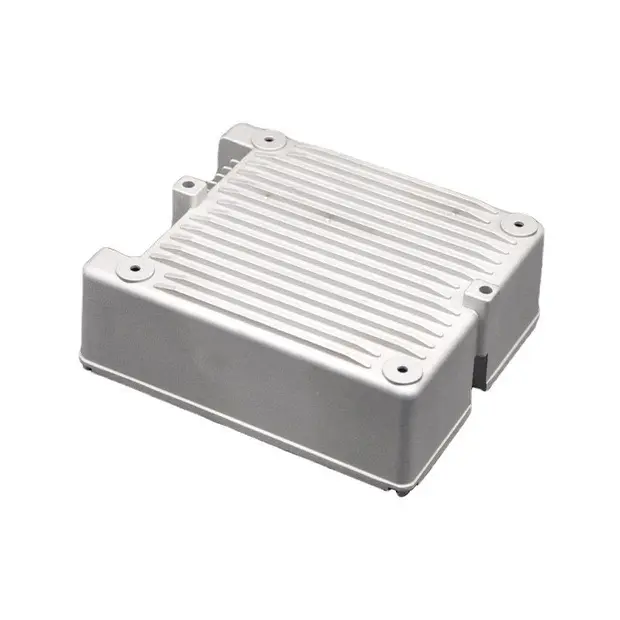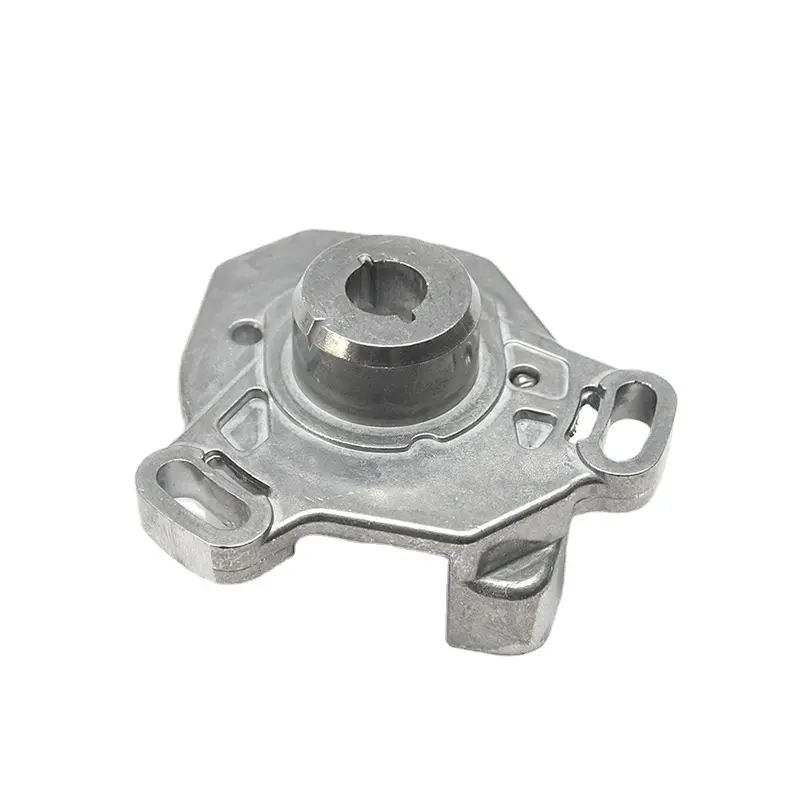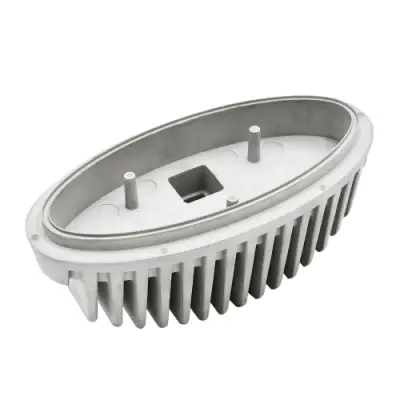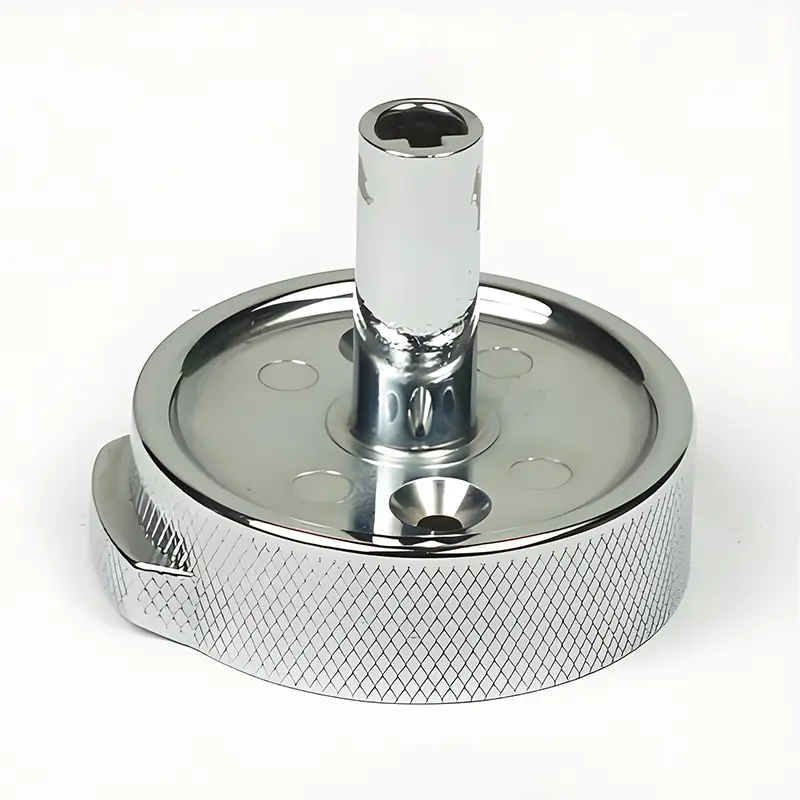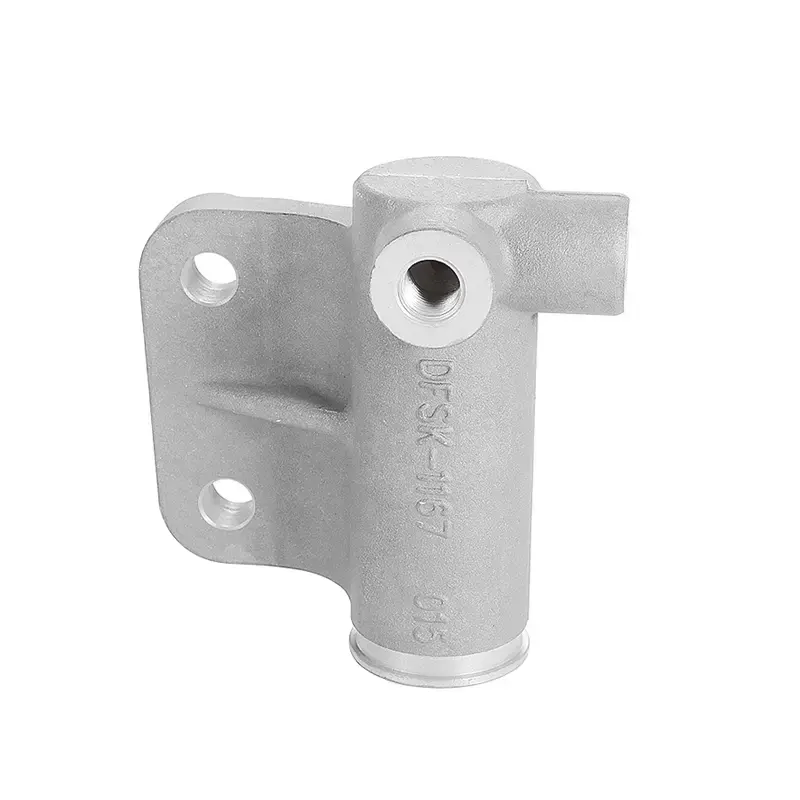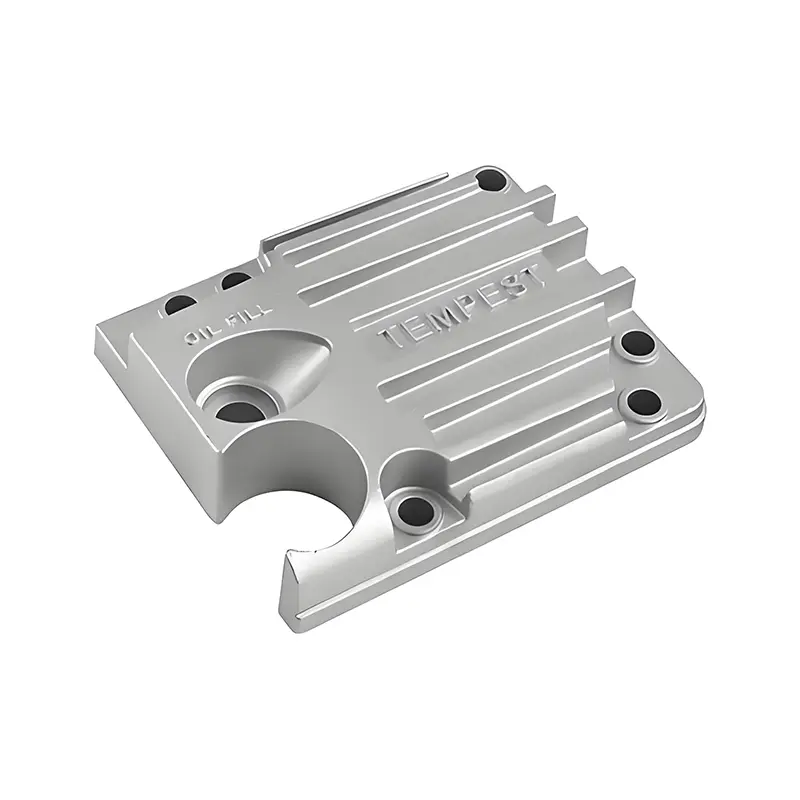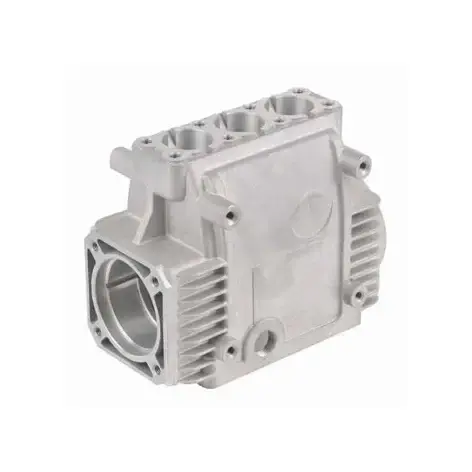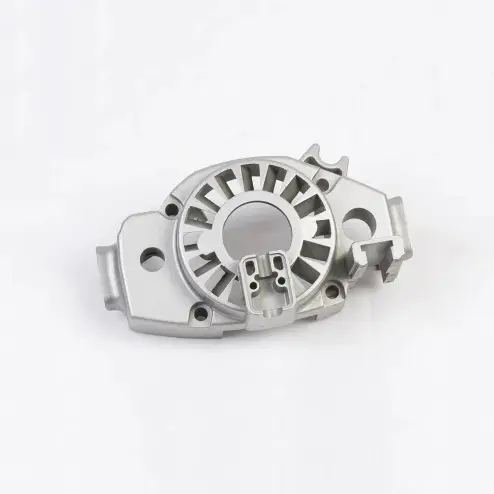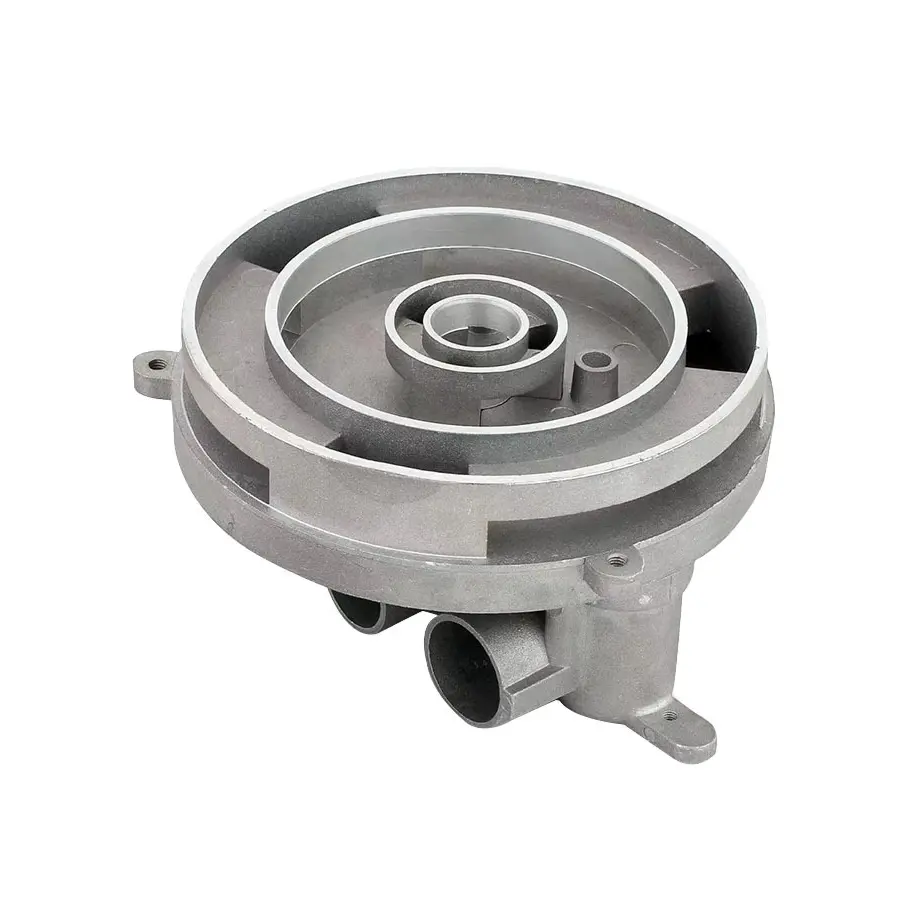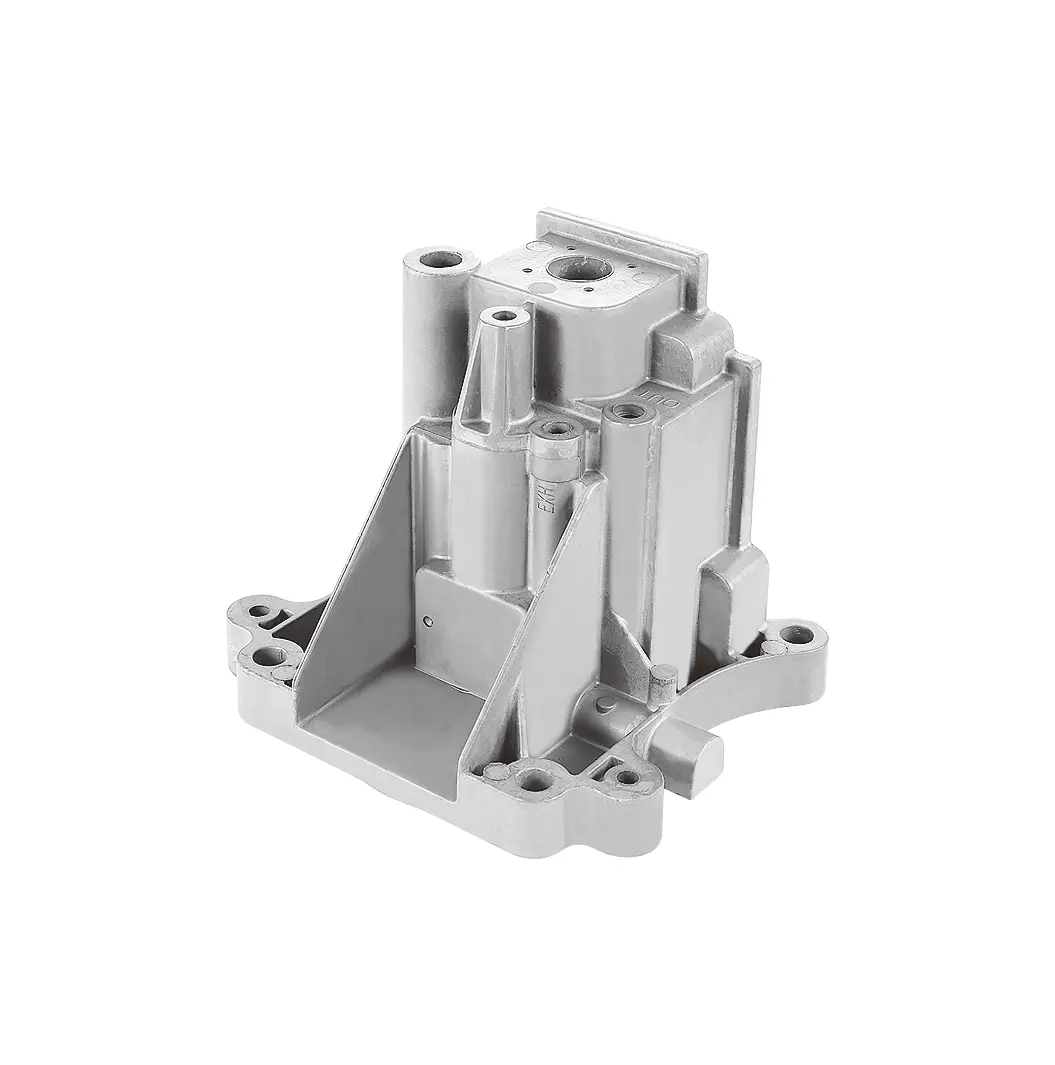 +86-13516964051
+86-13516964051 Advantages of aluminum alloy castings in the aerospace field
Advantages of Aluminum Alloy Castings in the aerospace field
Introduction
In today's aerospace field, the choice of materials plays a vital role in the performance, safety and economy of aircraft. Aluminum alloy castings have become an indispensable and important material in the aerospace industry due to their unique physical and mechanical properties.
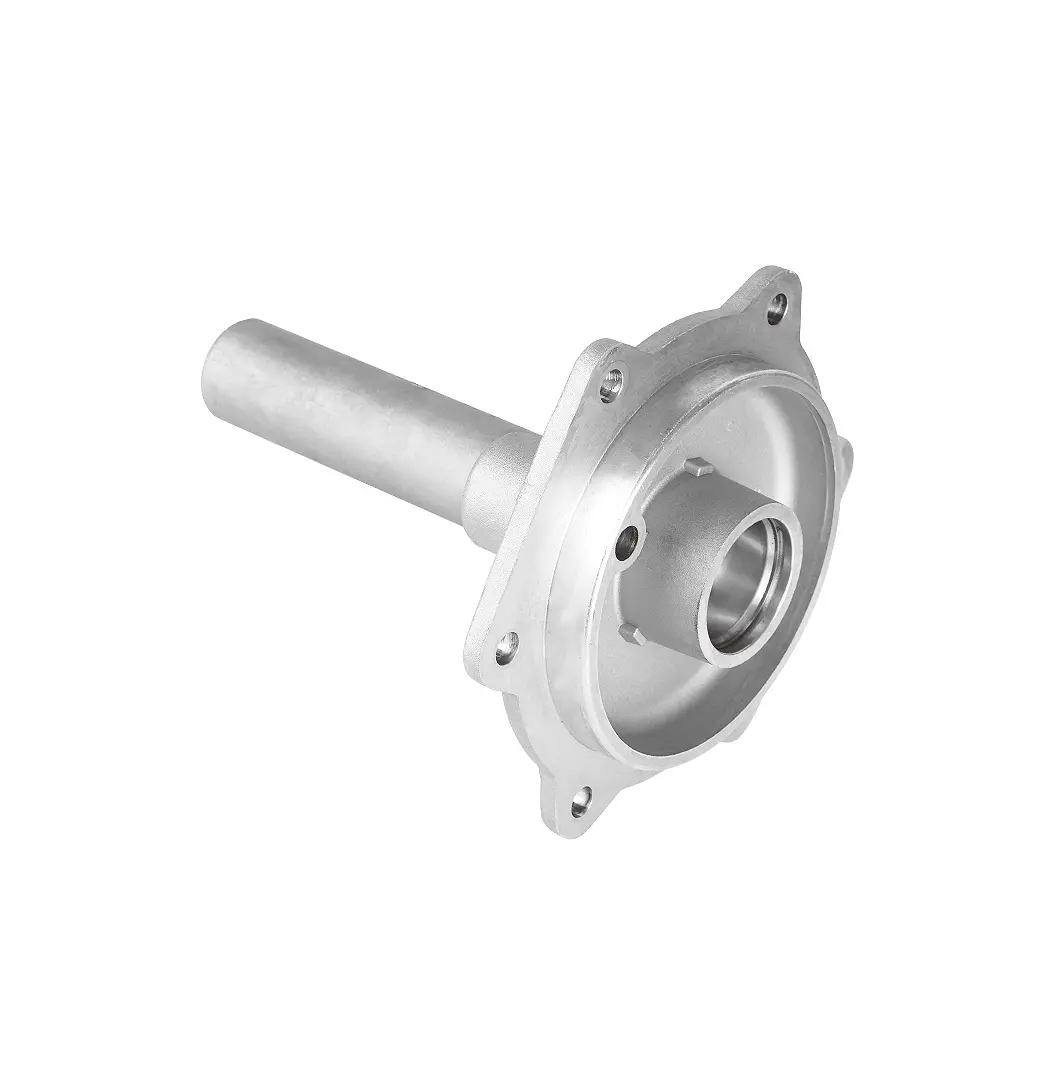
Lightweight and high strength: the key to improving flight efficiency
Aluminum alloy castings have a low density, usually only about one-third of steel, but their specific strength (ratio of strength to density) is very high. This means that under the same load-bearing capacity, aluminum alloy castings are lighter. In the aerospace field, reducing the weight of aircraft can bring many benefits, including:
Improving fuel efficiency: Lighter aircraft consume less fuel during flight, thereby reducing operating costs.
Increasing payload: After reducing the weight of the structure, the aircraft can carry more passengers, cargo or fuel, increasing its commercial value.
Improving flight performance: Lightweighting helps improve the maneuverability and speed of the aircraft, making it more flexible in flight.
Corrosion resistance: adapting to complex environments
Aerospace aircraft are often exposed to complex environments, such as humid marine climates, salt spray environments, and extreme temperature changes. Aluminum alloy castings have good corrosion resistance and can effectively resist the erosion of these harsh conditions. A dense oxide film can be formed on its surface, which can protect the internal metal from further corrosion. In addition, special surface treatment processes such as anodizing and chemical conversion film treatment can further improve the corrosion resistance of aluminum alloy castings.
Easy processing: realize complex structure manufacturing
Aluminum alloys have good plasticity and machinability, which enables aluminum alloy castings to be easily processed into various complex shapes and sizes. In the field of aerospace, many parts have complex shapes and require high-precision processing. Aluminum alloy castings can be processed through a variety of processes such as casting, forging, and extrusion, which can meet the strict requirements of the aerospace industry for the shape and size of parts. This easy processing not only improves production efficiency, but also reduces manufacturing costs.
High toughness: ensure flight safety
In the field of aerospace, the safety of aircraft is of vital importance. Aluminum alloy castings have high toughness and can maintain good performance even under extreme conditions such as low temperature. This means that during flight, even if sudden impact or stress is encountered, aluminum alloy castings can withstand it without breaking easily. This high toughness provides a reliable guarantee for the safe operation of aircraft.
Cost-effectiveness: Reduce operating costs
Compared with some high-end materials (such as titanium alloys and composite materials), the cost of aluminum alloy castings is relatively low. This makes its application in the aerospace field more economical. The lower material cost not only reduces the manufacturing cost of aircraft, but also makes it more competitive in large-scale production and operation. In addition, the processing and maintenance costs of aluminum alloys are also relatively low, further reducing the operating costs of aircraft.
Good thermal conductivity: Improve cooling efficiency
The engines and electronic equipment of aerospace vehicles generate a lot of heat during operation, and an effective cooling system is required to ensure their normal operation. Aluminum alloys have high thermal conductivity and can quickly conduct heat away. Therefore, aluminum alloy castings are often used to manufacture key components of cooling systems, such as heat sinks, coolers, etc. This good thermal conductivity helps to improve cooling efficiency and ensure the stable operation of engines and electronic equipment in high temperature environments.
Stress corrosion resistance: Extend service life
Stress corrosion is an important problem facing aerospace materials, which may cause the material to break under the combined action of stress and corrosive environment. Aluminum alloy castings can effectively reduce the tendency of stress corrosion cracking by optimizing alloy composition and Heat Treatment process. For example, 7000 series aluminum alloy can significantly improve its stress corrosion resistance by adding trace amounts of chromium (Cr), manganese (Mn), molybdenum (Mo) and other elements. This good stress corrosion resistance helps to extend the service life of aluminum alloy castings and reduce maintenance costs.
Rich alloy system: meet diverse needs
Aluminum alloys have a rich alloy system. By adjusting the type and content of alloying elements, aluminum alloy materials with different performance characteristics can be developed. In the field of aerospace, commonly used aluminum alloy series include 2000 series, 7000 series and aluminum-lithium alloys. 2000 series aluminum alloys use copper as the main alloying element, have high strength and heat resistance, and are suitable for manufacturing high-temperature resistant parts; 7000 series aluminum alloys use zinc as the main added element, have high strength, high toughness and good corrosion resistance, and are ideal materials for aerospace structural parts; aluminum-lithium alloys have the advantages of low density, high elastic modulus, high specific strength and specific stiffness, and are suitable for manufacturing parts with high weight and stiffness requirements. This diverse alloy system enables aluminum alloy castings to meet the diverse needs of different parts in the aerospace field.
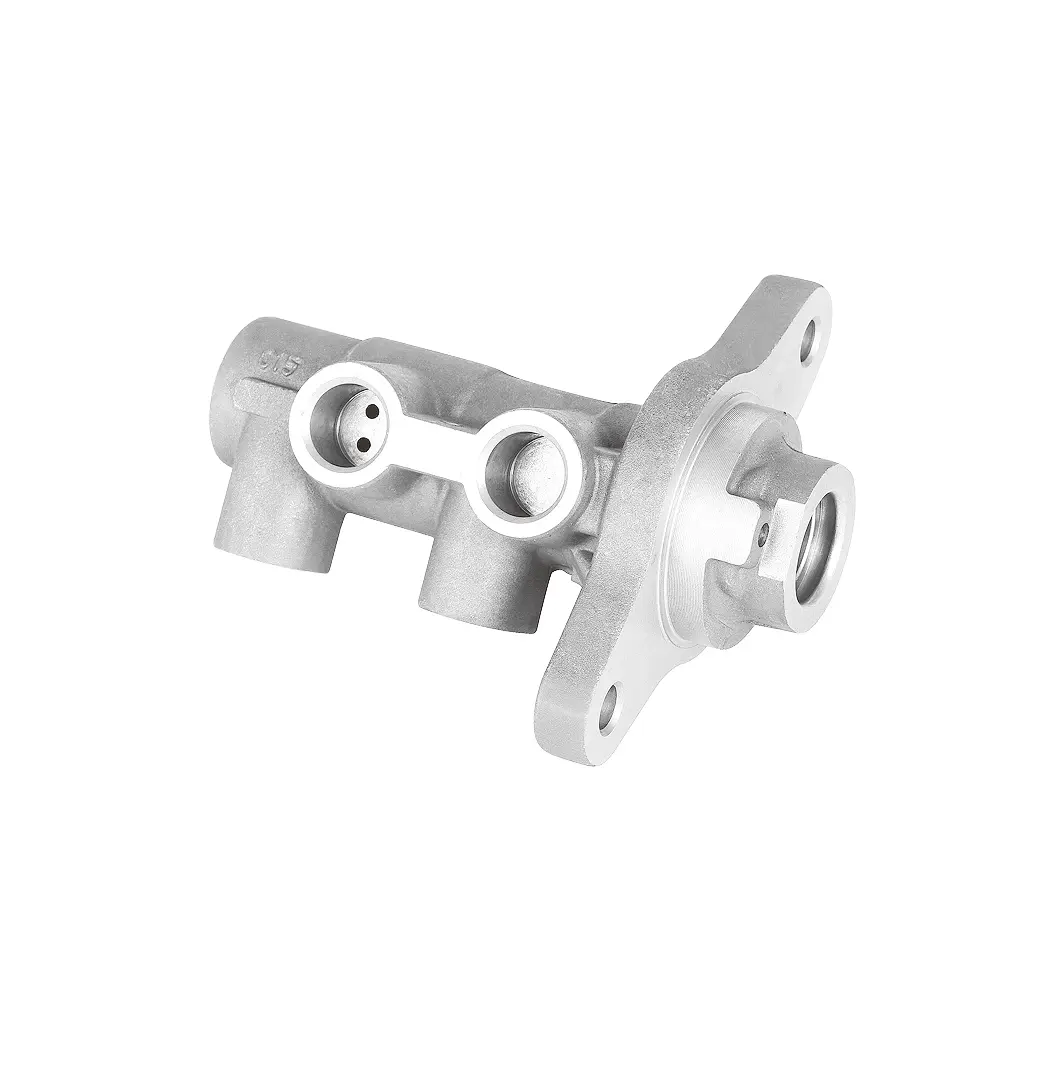
Advanced manufacturing process: improving performance and quality
With the continuous advancement of science and technology, the manufacturing process of aluminum alloy castings is also constantly developing and innovating. For example, vacuum high-pressure die-Casting Technology can effectively reduce the pores and defects inside the castings and improve the mechanical properties of the castings; semi-solid rheocasting technology can achieve high-precision molding of complex-shaped castings by controlling the semi-solid flow of the alloy. In addition, 3D printing technology also provides new possibilities for the manufacture of aluminum alloy castings. Through 3D printing technology, aluminum alloy castings with complex internal structures can be quickly manufactured, further improving their performance and quality.
Conclusion
Aluminum alloy castings have significant advantages in the aerospace field. Their light weight, high strength, corrosion resistance, easy processing, high toughness, low cost, good thermal conductivity, good stress corrosion resistance and rich alloy system make them an indispensable and important material in the aerospace industry. With the continuous advancement and innovation of manufacturing processes, the performance and quality of aluminum alloy castings will be further improved, and their application prospects in the aerospace field will be broader.








